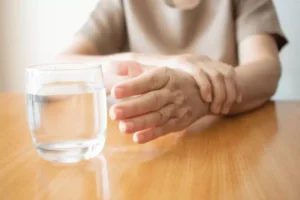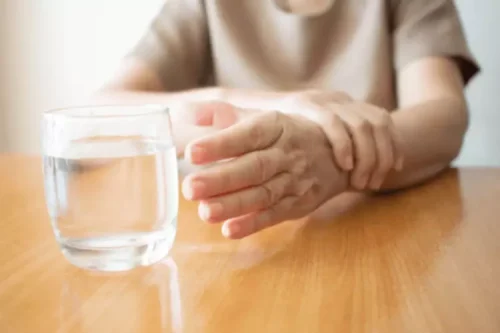Two day hangovers: Are they real and what is going on in your body?

For some people, as little as one drink can trigger a hangover. And the more congeners there are, the more likely you are to develop a hangover. Because alcohol affects the liver, and Tylenol (acetaminophen) is metabolized by the liver, it is not recommended to take acetaminophen or medications that contain acetaminophen during a hangover.
- If you or someone you know is getting worse instead of better, it’s time to seek medical help immediately as the risk of seizures increases without treatment.
- But there’s no research to back up the idea that electrolytes — whether you drink them or take them in through a vein in your arm — are a cure.
- Let’s look at how to tell the difference between a mild, temporary hangover that you can treat at home and one that may need some extra medical attention.
- If you suspect that someone has alcohol poisoning — even if you don’t see the classic symptoms — get medical help right away.
- If a person experiences a hangover, it is best to drink plenty of fluids to rehydrate the body.
- Around one in five people who drink report sipping more units in lockdown, per Alcohol Change UK.
I want to get healthier

Two-day hangovers can be very how long does a hangover last painful, but there are methods to get relief. Putting your physical and mental health first and getting help from a professional if needed is important. IV treatment for a hangover is popular and effective for people who want to feel better quickly. Some people have a headache a few hours after drinking wine — especially red wine. But it’s different from a hangover, which may or may not include a headache.

Invest in Quality Alcohol
But the best hangover cure is to wait it out and drink lots of water. Alcohol causes you to make more urine, which removes fluids from your body. That’s why you’re likely to wake up very thirsty after a night of too much drinking.
Don’t Cure a 2-Day Hangover with More Alcohol
- The combination of these physiologic effects of alcohol can cause several of the symptoms of a hangover.
- You may end up feeling more restless, anxious and irritable than before you drank.
- However, seek medical attention if your hangover lasts more than 48 hours and you experience severe symptoms or difficulty controlling your drinking.
- Plus, hangovers tend to be more severe after drinking on an empty stomach.
- The temporary effects include immediate and delayed effects—a hangover is caused by the delayed effects of alcohol.
- Generally, the more alcohol you drink, the more likely you are to have a hangover the next day.
Drinking too much too quickly can affect breathing, heart rate, body temperature and gag reflex. With a typical hangover, you should start to feel better within a few hours after eating something and drinking water. But, if you’re 12 hours out from your last drink and symptoms continue to get worse, it could mean you’re in withdrawal. The symptoms of a hangover generally start when blood alcohol levels drops considerably.
- That’s why you’re likely to wake up very thirsty after a night of too much drinking.
- With a typical hangover, you should start to feel better within a few hours after eating something and drinking water.
- Research has not found a correlation between the extent of electrolyte disruptions and the severity of hangovers, or the impact of added electrolytes on hangover severity.
- If you’re one of the unlucky ones whose body can’t process alcohol as well as others, you’ll also be cursed with 2-day hangovers.
- You may have a headache, feel nauseated, or get dizzy when you have a hangover.
Hangover headaches are mostly caused by dilated blood vessels putting pressure on your nerves. And while painkillers can help reduce this pressure, they can also have an adverse effect. This tip makes perfect sense given one of the major catalysts of a killer hangover is dehydration. You know the feeling all too well – waking up with a dry mouth, searching for any type of liquid you can get your hands on (bathroom faucets and garden hoses included). The days of drinking all night and curing your hangover with a greasy breakfast the next morning are just a distant memory. Not drinking alcohol is the only surefire way to prevent a monster hangover in the future.

Are congeners found in all alcoholic drinks?
As you age, it’s more difficult for your body to get rid of toxins. And whether or not you realize it, alcohol is toxic to your body. 2) AcetaldehydeAlcohol is broken down to produce energy. One of the compounds produced as a by-product is called acetaldehyde.
Tips for next time

However, generally, if a person drinks enough to feel intoxicated, they have a greater chance of experiencing a hangover. A hangover is a feeling of illness that occurs after alcohol consumption. The more a person drinks, the greater their chance of experiencing a hangover.
Deja una respuesta